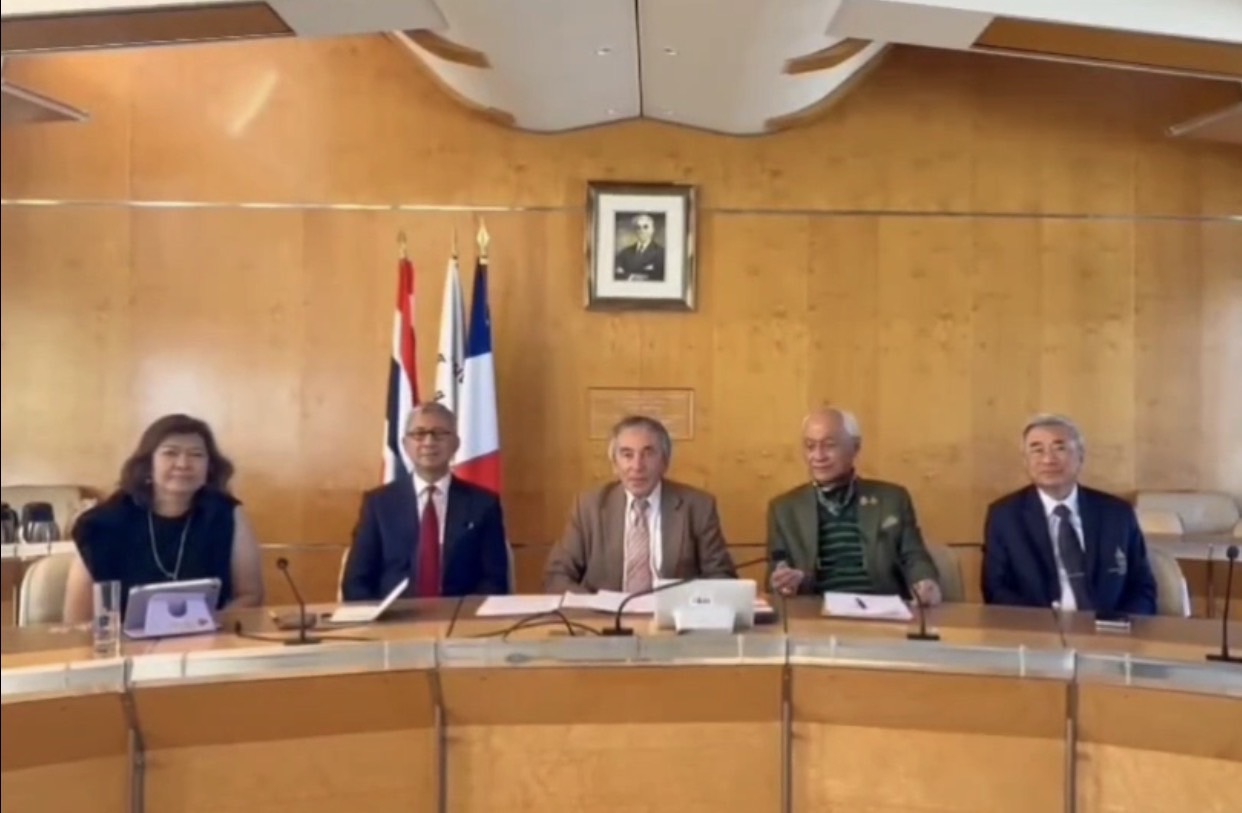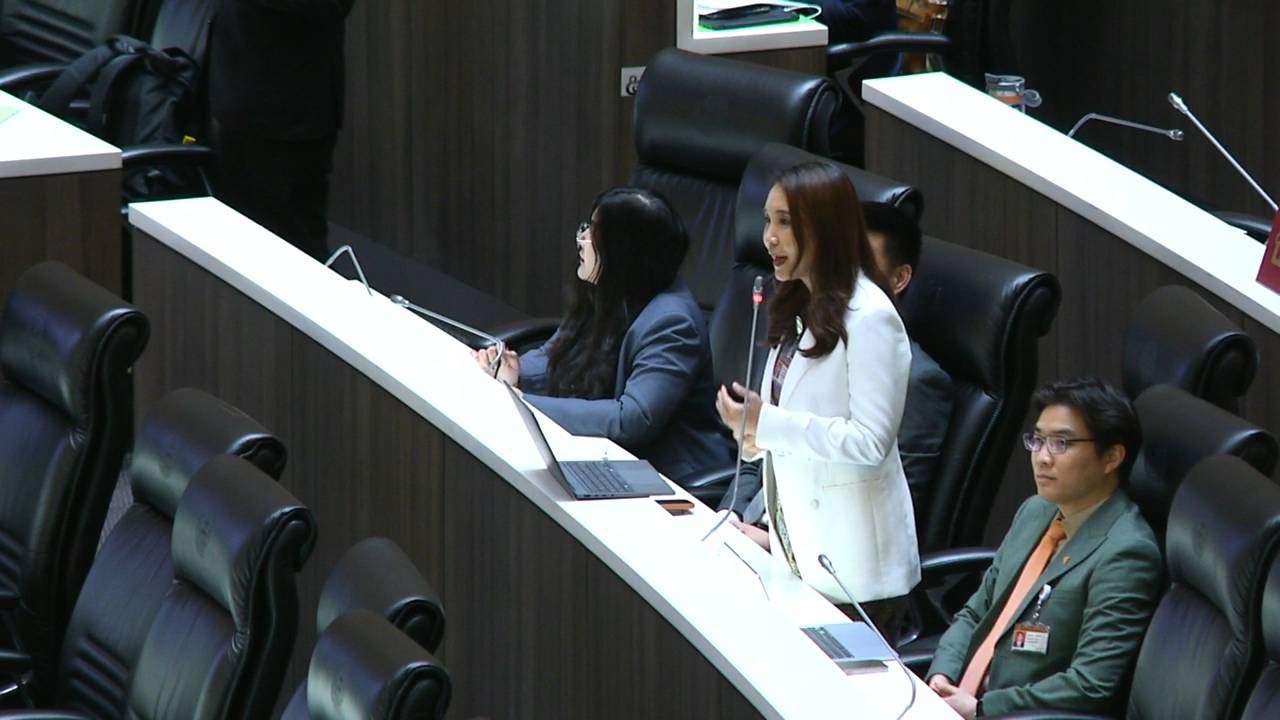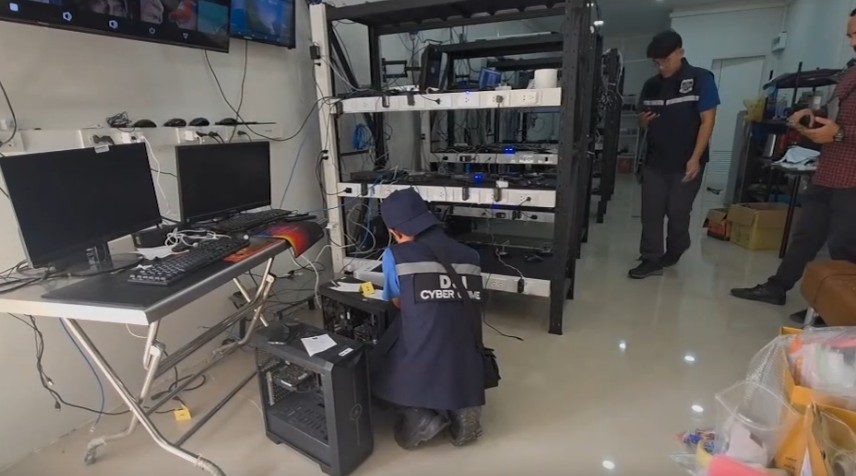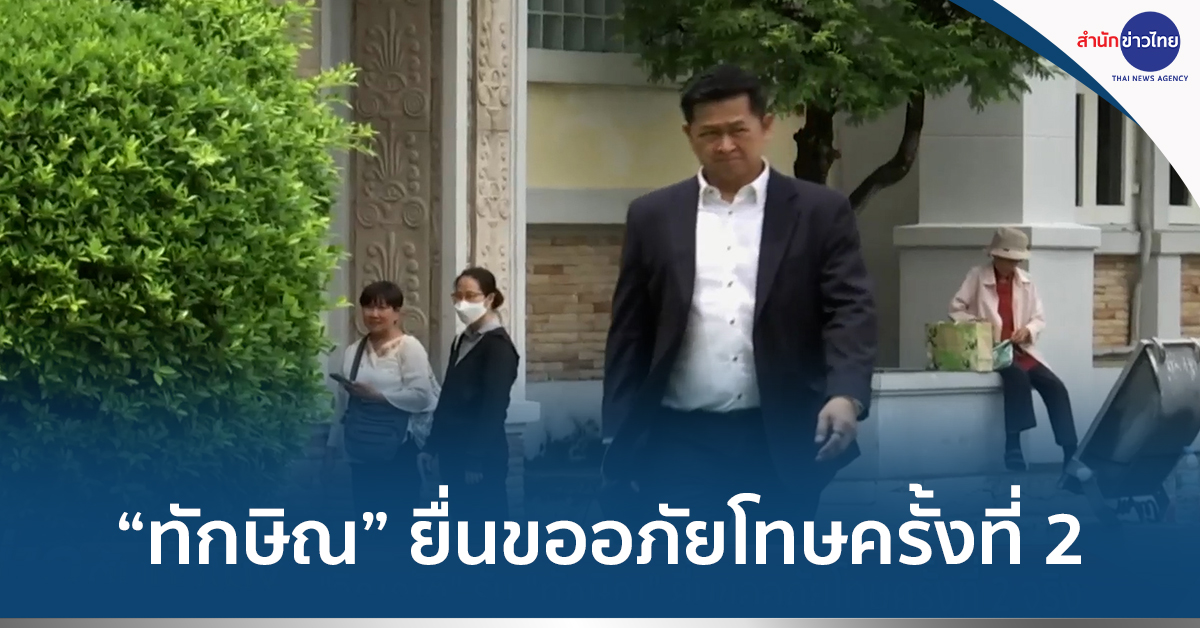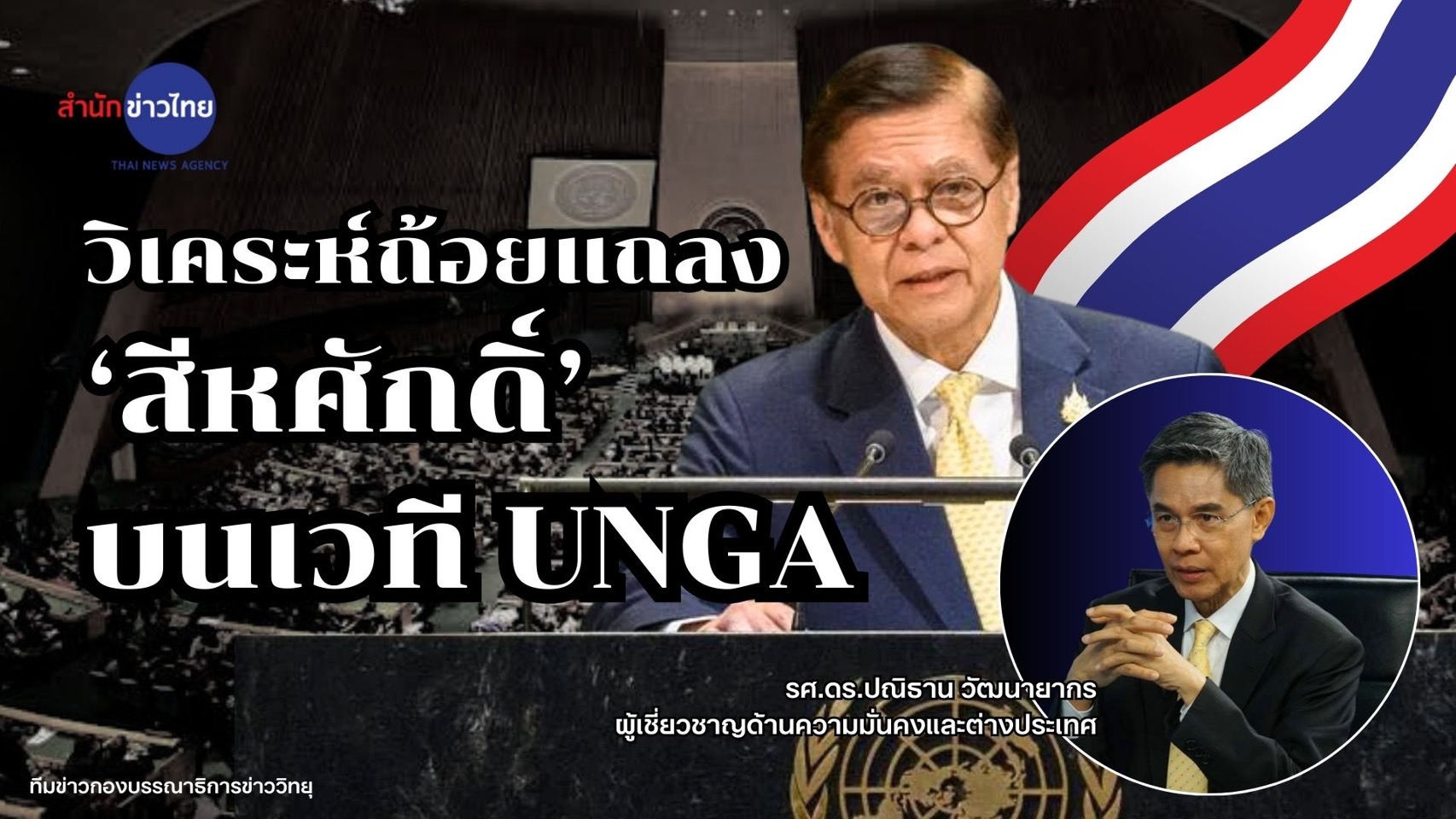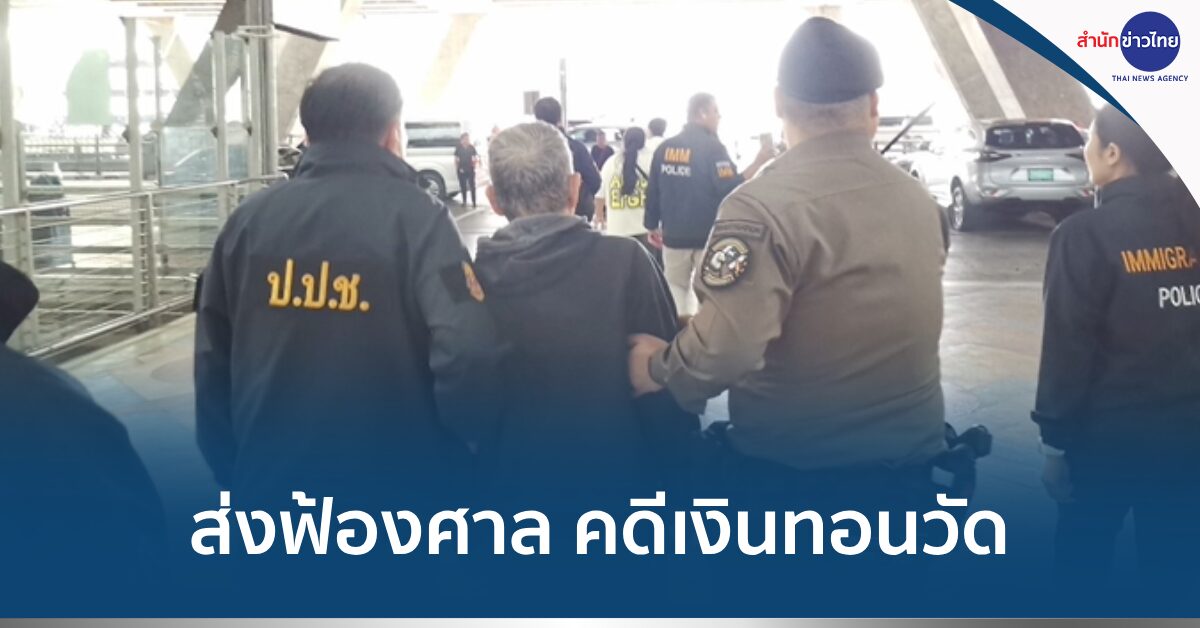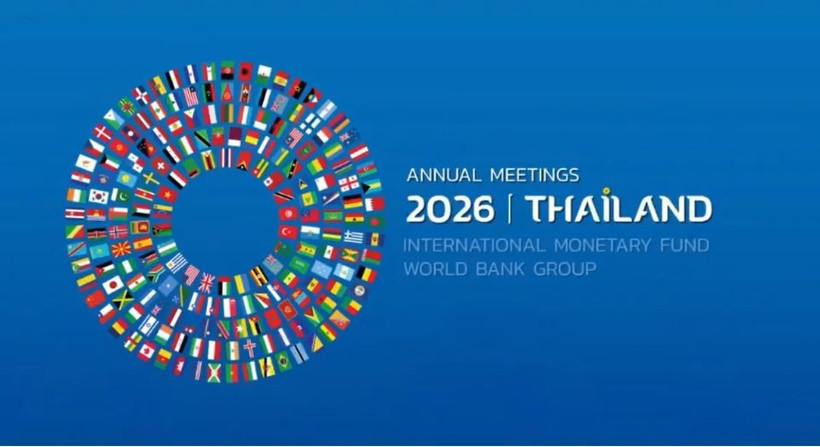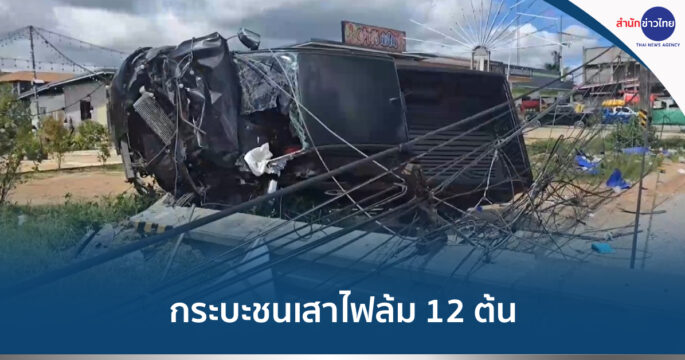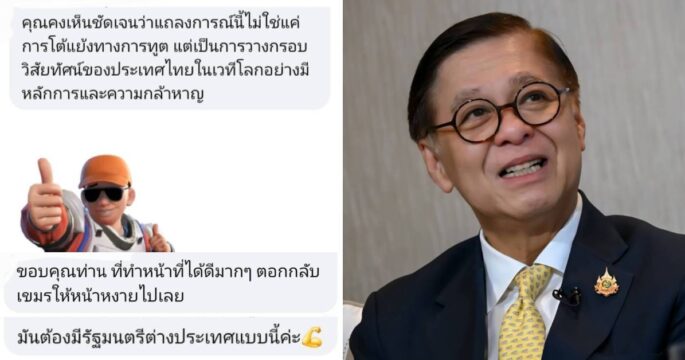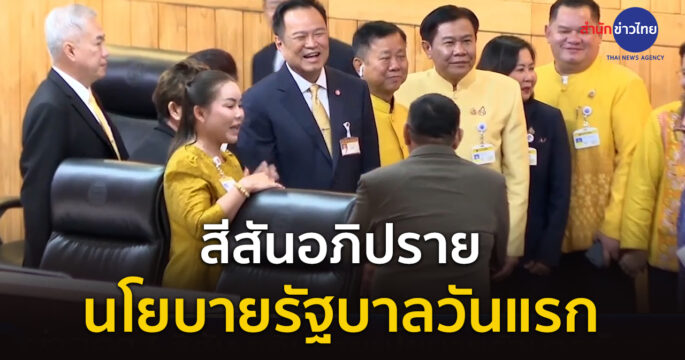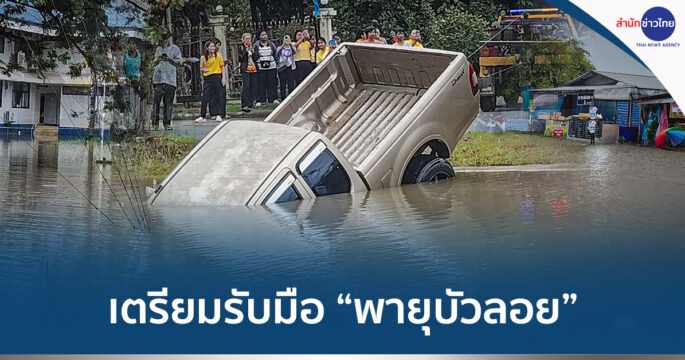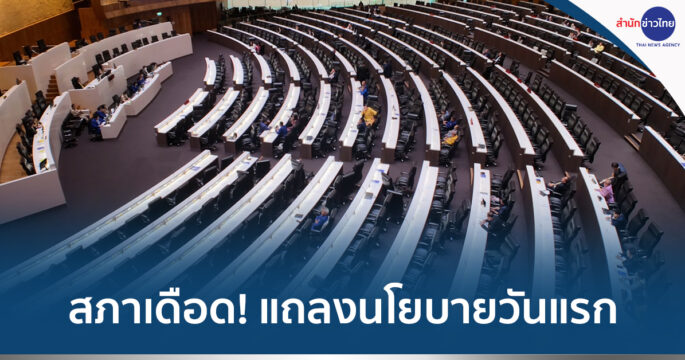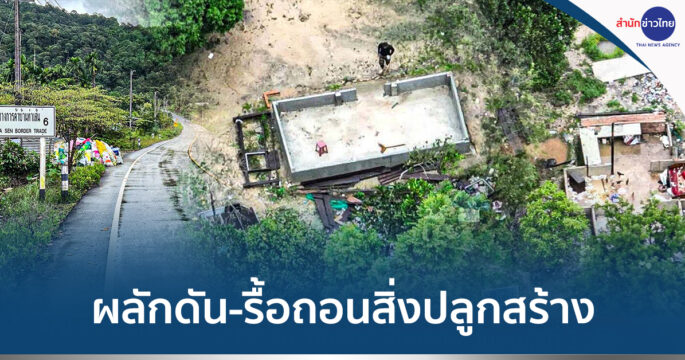BANGKOK, July 31 (TNA) – From October 12-18, 2026, Thailand will once again showcase its potential to the global community by hosting the International Monetary Fund (IMF) and World Bank Group (WBG) Annual Meetings, a pivotal global economic forum.
Understanding the World Bank and IMF
The World Bank and IMF were established in 1944 as a result of the Bretton Woods Conference in the United States, aiming to reconstruct the global economy severely damaged by World War II. Both institutions share the common goal of promoting economic stability and development but have distinct roles and responsibilities.
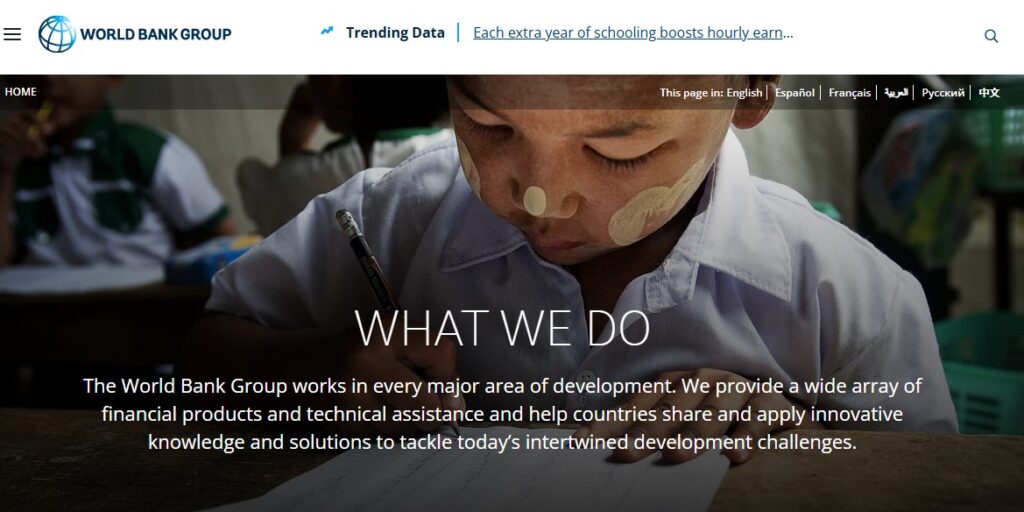
The World Bank primarily focuses on promoting economic development and reducing poverty in developing countries. It achieves this by providing funding for development projects like roads, schools, hospitals, and clean energy initiatives. Beyond just financing, the World Bank also offers technical assistance, which includes expert economic advice, support for policy planning, and guidance on public sector reform. To ensure informed decision-making, it conducts research and disseminating information to support data-driven development planning. Furthermore, it actively works to strengthen government capacity, aiming to enhance the efficiency of public administration and services.
In terms of economic crisis assistance, the World Bank has consistently played a crucial role in mitigating global economic crises. For instance, during the 2008 global financial crisis, the World Bank significantly increased emergency loans and supported social protection programs to help developing countries recover from the downturn. During the COVID-19 pandemic, the World Bank responded by establishing multi-billion dollar emergency funds to address public health and economic challenges, including supporting vaccine procurement and sustainable economic recovery efforts.
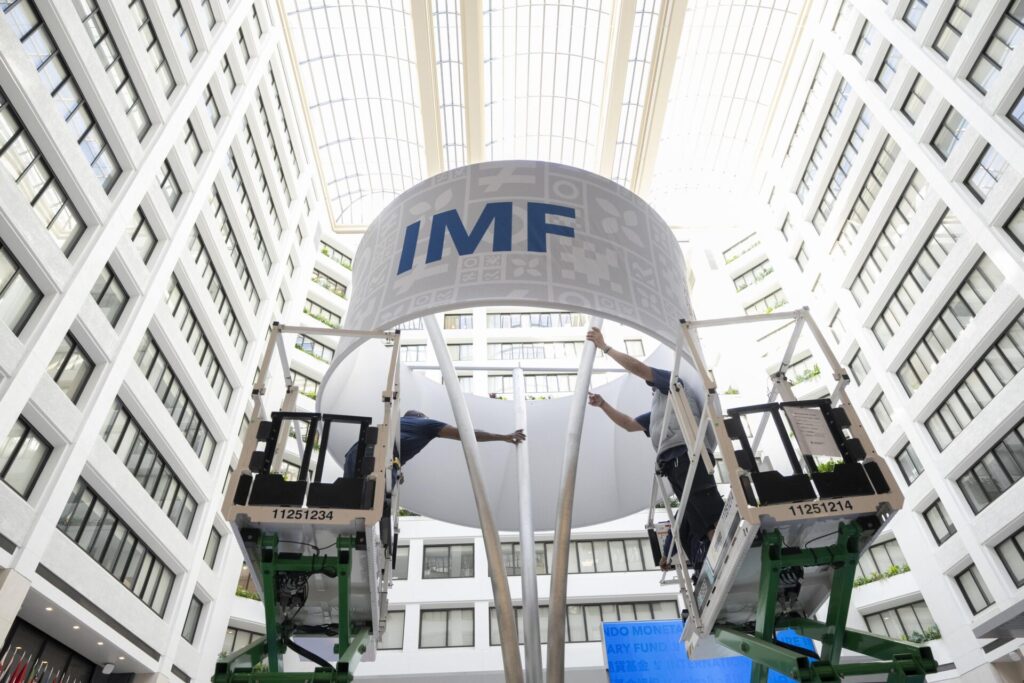
The IMF: Maintaining Global Financial Stability
The IMF’s primary responsibilities include overseeing international monetary stability, fostering monetary cooperation, maintaining exchange rate stability, promoting international trade, and providing assistance to countries facing financial or balance of payments difficulties.
The IMF achieves its goals by actively monitoring and analyzing the global economy, which enables it to provide timely and relevant policy recommendations to its member countries. It also plays a critical role in offering emergency and short-term loans to nations facing financial crises. Furthermore, the IMF provides valuable technical assistance and training across various essential areas, including tax systems, finance, public budget management, and public debt administration.
Thailand and the World Bank
Thailand has been a member of the World Bank since 1949 and has received continuous assistance in various sectors, including rural development, education systems, energy, and transportation. More recently, the World Bank’s role in Thailand has shifted from direct lending to providing advisory and technical support, as Thailand has been classified as an upper-middle-income country since 2011.
Key cooperative projects with the World Bank include the development of the Eastern Economic Corridor (EEC), the upgrading of digital infrastructure, education reform, and initiatives for clean energy projects and climate change adaptation.
The goal of this cooperation framework for Thailand is to support its transition towards an innovation-driven economy and inclusive, sustainable growth. This framework supports the 20-Year National Strategy (2017-2036), focusing on significant economic and social structural reforms to reduce poverty and distribute wealth equitably.
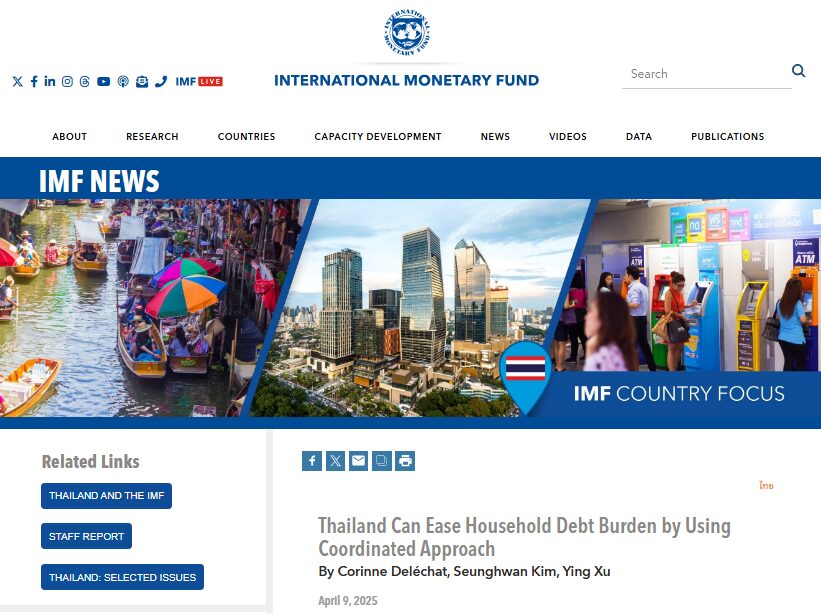
Thailand and the IMF
Thailand joined the IMF in the same year it became a member of the World Bank. It entered an IMF-backed Stand-by Arrangement program during the period of 1978 to 1986, a time characterized by stagnant economic growth, high inflation, and an increasing current account deficit.
The most significant event involving Thailand and the IMF was the Tom Yum Goong crisis in 1997, when the Thai baht depreciated sharply, and the financial system collapsed. The Thai government requested assistance from the IMF and received a loan package valued at over $17 billion (equivalent to more than 551.5 billion baht today).
Currently, Thailand no longer borrows from the IMF but continues to cooperate on economic and fiscal advisory and training.
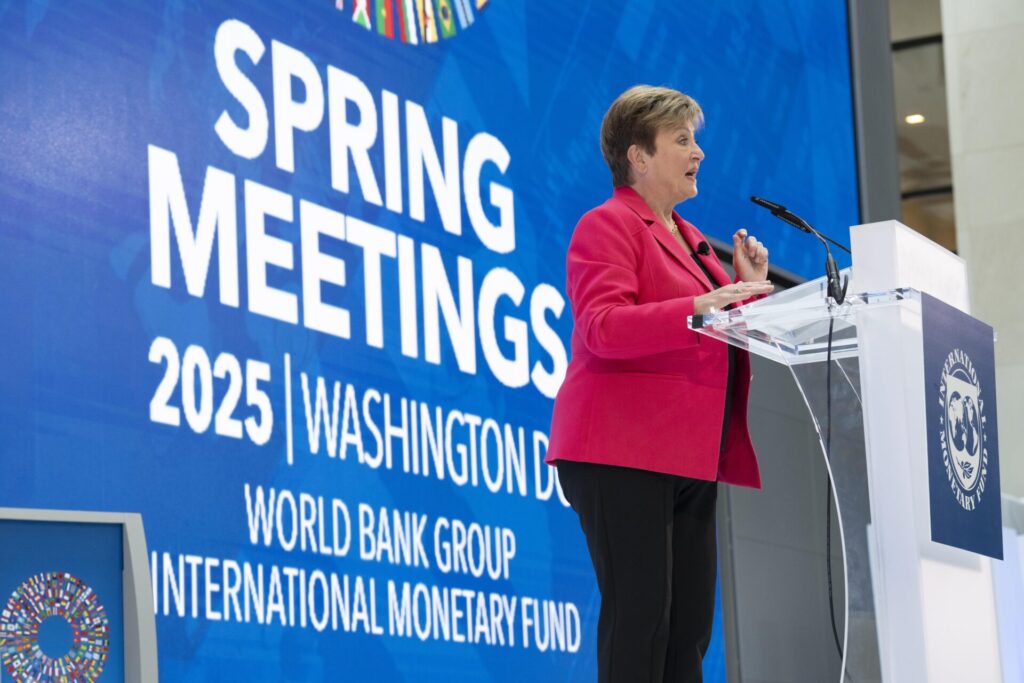
Thailand to Host the 2026 IMF-WBG Annual Meetings
The IMF and World Bank hold their Annual Meetings every October. These meetings are held at the IMF and World Bank headquarters in Washington, D.C., for two consecutive years. By tradition, in the third year, the meetings rotate to a selected member country to reflect the global nature of both organizations. At the 2023 Annual Meetings in Marrakech, Morocco, a Memorandum of Understanding was signed for Thailand to host the 2026 Annual Meetings, following Thailand’s successful bid.
Reasons for Thailand’s Selection as Host
To be selected as host, Thailand had to meet detailed and rigorous criteria, ensuring its capability to effectively manage a global event. These comprehensive requirements included conference facilities large enough for over 3,500 participants and a minimum of 4,000 hotel rooms to accommodate attendees. Furthermore, an efficient transportation plan for over 12,000 participants was essential, alongside robust immigration and international airport services capable of handling flights from around the globe. Finally, the host nation needed to demonstrate efficient management of all other aspects, such as food and beverages, hospitality, security, and emergency preparedness.
Thailand’s Second Time as Host in 34 Years
While the World Bank has 189 member countries and the IMF has 191, only three countries have had the honor of hosting the Annual Meetings twice: Japan, Türkiye, and Thailand.
Thailand first hosted the 46th Annual Meetings in 1991 at the Queen Sirikit National Convention Center, which was built in 1989 specifically to accommodate such a global conference. This convention center will again have the honor of hosting this global event from October 12-18, 2026, which will be the 81st Annual Meetings of the IMF and World Bank.
Preparing for Global News Coverage
While various Thai agencies involved in the meetings are working to inform all sectors about this significant upcoming event, the IMF, in collaboration with Reuters, a global media organization, has conducted training for journalists in several countries, including Thailand. This training aims to provide accurate knowledge and understanding of the workings of these two pillars of the global economy.
This year, journalists from the Foreign News Division of Thai News Agency (MCOT) had the opportunity to participate in training seminars in New Delhi, India, from April 1-3, 2025, and in Bangkok from July 22-24, 2025. This marks a crucial step for Thai journalists in preparing to report on the meetings as the host country.
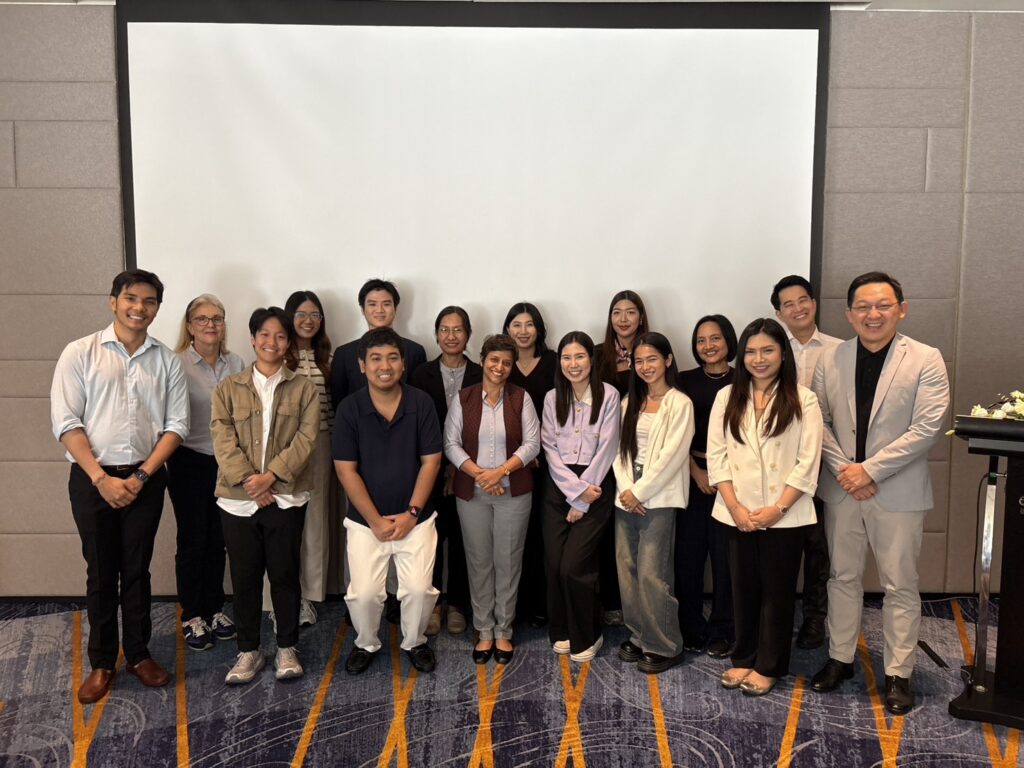
The training content covered the role and structure of the IMF, as well as the specific challenges of reporting complex economic news. Participants also received information on accessing official IMF data sources, which is key to presenting accurate and credible information. Furthermore, learning economic and financial acronyms and specialized terminology enhanced their expertise, enabling clear and easy-to-understand communication. The knowledge and skills gained from this training will help them perform their duties in reporting on the global meetings with quality and public benefit.
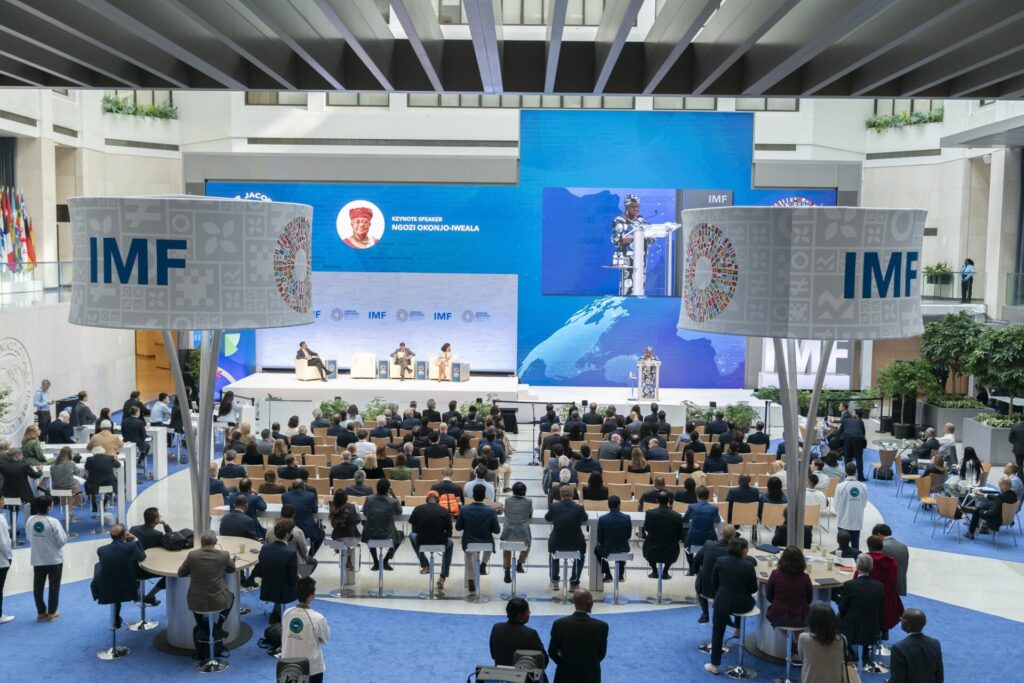
Final Thoughts: A Platform for Potential and Pride
This is a significant opportunity for Thailand to welcome central bank governors, finance ministers, global financial institution executives, academics, and media representatives from around the world. This global meeting is not only a forum for discussing the world’s most critical economic and financial issues but also a grand window for Thailand to showcase its potential as an international conference hub, as well as to promote its cultural beauty, tourist attractions, and trade and investment opportunities to the global community. Hosting this event will enhance the country’s image and foster economic recovery in multiple dimensions. 814, 819 (TNA)
